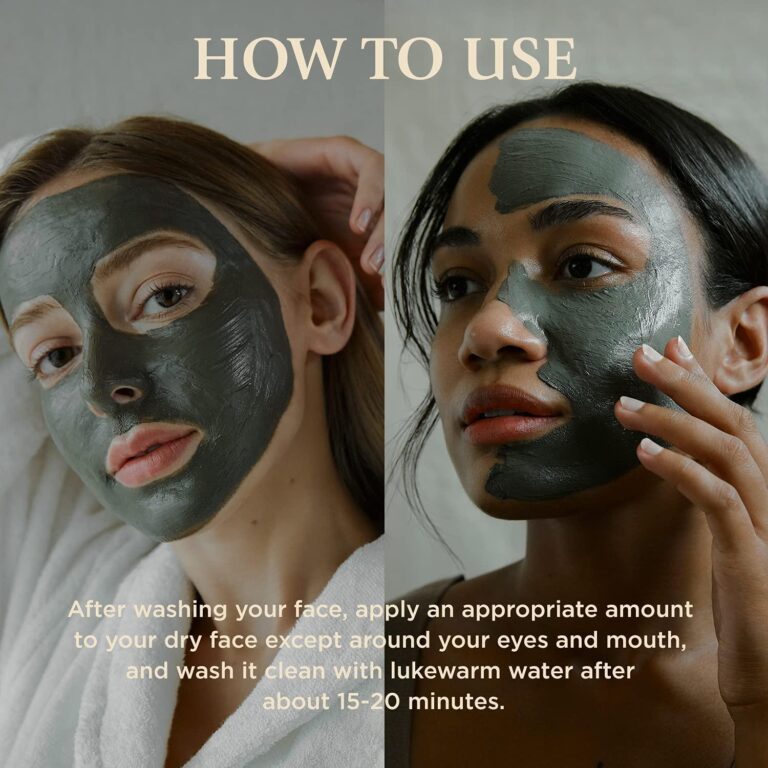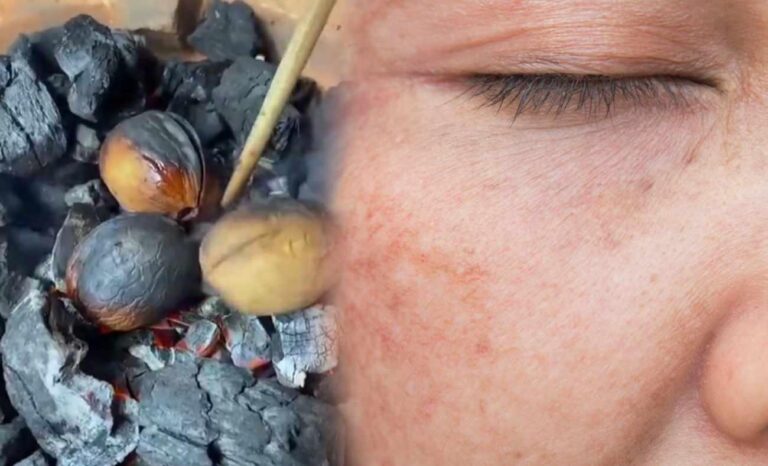
Activated Charcoal Masks: Your Guide to Clear, Healthy Skin

Activated charcoal has been a hot topic in the beauty world for its powerful detoxifying properties, but what exactly is it and how does it work? Unlike the charcoal you use for your barbecue, activated charcoal is a fine, odorless, and tasteless black powder. It’s made by burning a carbon source like wood or coconut shells at very high temperatures. This process “activates” the charcoal by removing oxygen and increasing its surface area, which dramatically boosts its ability to absorb substances.
This isn’t a new discovery. Activated charcoal has been used for years in medicine to treat accidental poisoning and drug overdoses because of its remarkable ability to trap foreign substances before they enter the bloodstream. This same principle is what makes it so beneficial for your skin. It acts like a magnet, drawing out and absorbing bacteria, toxins, dirt, and excess oil from deep within your pores.
What’s in a Charcoal Mask?
A typical activated charcoal mask is simple. At its core, it contains two main components:
Activated charcoal: Available in capsule or powder form, this is the key ingredient that does all the heavy lifting.
A bonding agent: This holds the mask together so you can apply and remove it. Some DIY recipes use PVA glue, but many dermatologists advise against this due to potential skin damage and irritation.
To boost the mask’s effectiveness, many recipes and products include other skin-loving ingredients like coconut oil, honey, aloe vera, and tea tree oil. These additions can provide extra hydration, soothing, or antibacterial benefits.
The Benefits of Using a Charcoal Mask
Using a charcoal mask can do wonders for your complexion. Here’s a breakdown of the many benefits:

1. Deep Cleansing
Activated charcoal is a master at deep cleaning. Its high absorption capacity means it can bind to dirt and impurities on your skin’s surface and pull them out. This makes it a powerful ally in your cleansing routine, especially for those with oily or congested skin.
2. Exfoliation
The slightly grainy texture of activated charcoal provides a gentle scrubbing action, helping to remove dead skin cells and surface impurities. This form of gentle exfoliation reveals a brighter, more radiant complexion while its antimicrobial properties help fight off infection-causing bacteria.
3. Oil Control
If you struggle with an oily T-zone or greasy skin, activated charcoal can help. It balances excess oil production, leading to a less shiny appearance. Just be careful not to overuse it, as this can lead to dryness.
4. Tackles Acne and Blackheads
Activated charcoal masks are particularly effective at tackling blackheads and stubborn acne. By pulling out the sebum, bacteria, and dead skin cells that clog pores, they can help reduce breakouts and make blackheads easier to remove. When used in conjunction with a proper skincare routine and professional treatment, a charcoal mask can even help fade dark spots and old acne scars.
5. Skin Purification
Because activated charcoal can absorb 100 to 200 times its weight in impurities, it’s an excellent choice for purifying your skin. It leaves your face feeling incredibly clean and refreshed.
How to Use a Charcoal Mask Safely
To get the most out of your mask while avoiding negative side effects, follow these simple steps:
Prep your skin: Start with a clean, dry face. Wash away any makeup, dirt, or oil with your regular cleanser.

Apply evenly: Spread a thin layer of the mask over your face, being careful to avoid the delicate skin around your eyes and mouth.
Let it work: Leave the mask on for about ten minutes, or as directed on the product’s packaging. You’ll feel it tighten as it dries.
Rinse and moisturize: Once the time is up, gently peel or rinse the mask off with warm water. Pat your face dry and follow up with a moisturizer to lock in hydration.
Potential Negative Effects
While charcoal masks offer great benefits, it’s important to be aware of the potential downsides, especially if you have sensitive skin. Some people experience:
Irritation and redness: The process of peeling or rinsing the mask can cause temporary irritation, especially with “peel-off” masks.
Pain: Peel-off masks can be painful to remove and may even cause superficial skin damage.
Over-drying: Overuse can strip your skin of its natural oils, leading to dryness and flakiness.
Dermatitis: In some cases, prolonged use or an allergic reaction to an ingredient can lead to a type of skin inflammation known as dermatitis.
Before trying a new mask, it’s always a good idea to perform a patch test on a small, discreet area of your skin to check for any adverse reactions. By using charcoal masks responsibly, you can enjoy all the benefits of purified, clearer skin.







